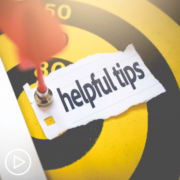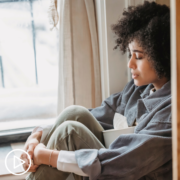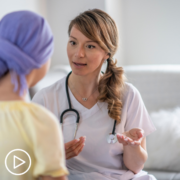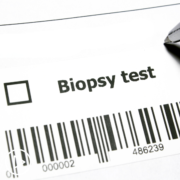Anxious From CLL Watch & Wait? How to Cope.
Anxious From CLL Watch & Wait? How to Cope. from Patient Empowerment Network on Vimeo.
Many CLL patients who are put on “watch and wait” following a diagnosis. Dr. Catherine Coombs explains this approach and provides advice on how patients can cope with the emotional impact of waiting to treat their disease.
Dr. Catherine Coombs is an Assistant Professor of Medicine in the Division of Hematology at The UNC Lineberger Comprehensive Cancer Center. Learn more about Dr. Coombs here.
Related Resources:
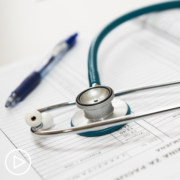
|
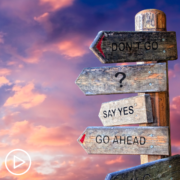
|
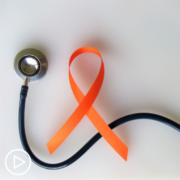
|
Transcript:
Katherine:
What would you say to a patient who has a lot of anxiety about having to wait for treatment?
Dr. Coombs:
The first thing I would say is that anxiety is normal. More often patients are anxious than not because it’s really hard to be told you have a leukemia and that we’re not going to do anything about it. I think that’s really hard to hear. The way that I try to counsel people is that my role as the doctor is to do no harm. If you have a leukemia and there’s no proven way to make you live longer by giving therapy early on, if you’re in that early stage of CLL where you’re asymptomatic, by offering therapy, all I could do is make you worse.
I could give you a new side effect, I could add a new cost burden. Until I have data to prove that that’s going to make your life longer, which we do not have yet (maybe that will be different five to 10 years from now, but we do not have that yet), I could only hurt you. So, that’s not what I want to do. I want to have you live and thrive.
The better thing to do, based on what we know now and what we know our therapies can and can’t do is to do the watchful waiting. But the anxiety is normal. Depending on how severe the anxiety is, I have had patients meet with – at least at UNC we have something called the Cancer Center Support Program, which is a group of psychiatrists, psychologists, therapists that can help talk over what it means to have a cancer diagnosis and not necessarily need therapy.
Then I also provide education on the other health issues that can come up as part of being a CLL patient even on that watchful waiting program. The thing that we talk about the most is the increased risk for infections, which in the era of the COVID pandemic is a major concern. Luckily, we have a lot of ways to decrease the health risk for COVID, whether it’s due to the administration of vaccines, or monoclonal antibodies, which I think we’ll talk about more later.
There’re a lot of ways that people can live with it. I do think the anxiety is normal. At least in my own practice, I’ve found that most of the time the anxiety lessens with time. Because it becomes a part of who you are. It doesn’t have to be all of who you are: people can live their lives largely the way they did before with a bit of extra knowledge about things that can come up in the future but may never come up at all.

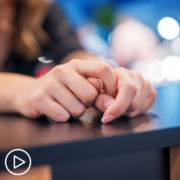
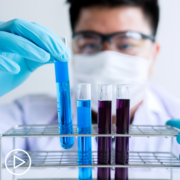
![Informed and [ACT]IVATED Decision-Making in Acute Myeloid Leukemia Care](https://powerfulpatients.org/wp-content/uploads/Informed-and-ACTIVATED-Decision-Making-in-Acute-Myeloid-Leukemia-Care-180x180.png)
